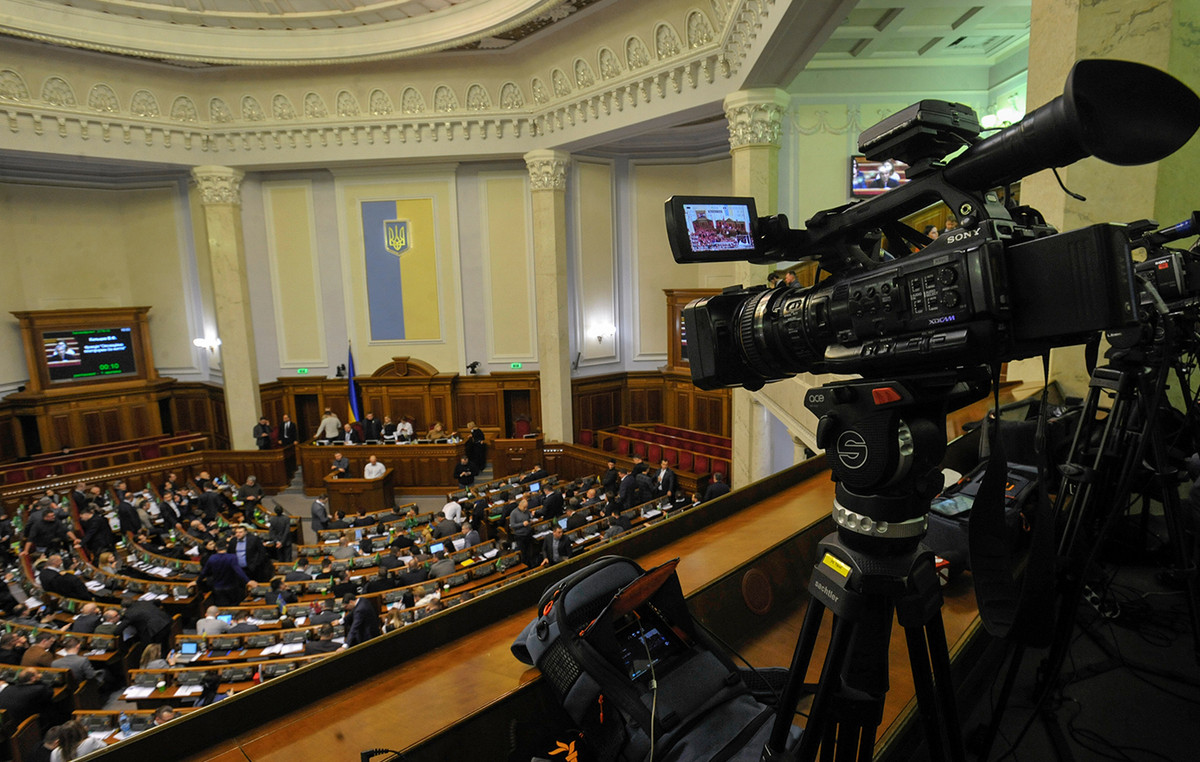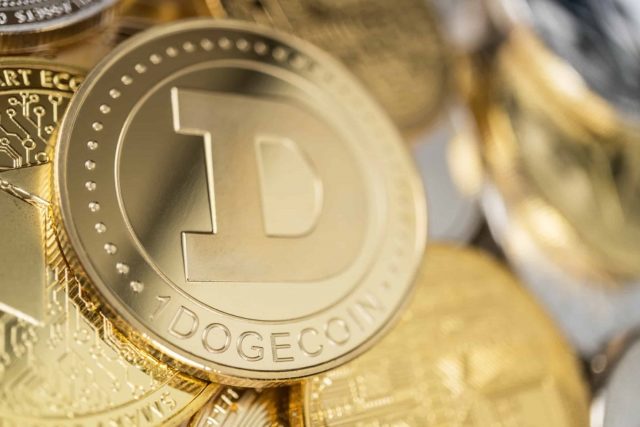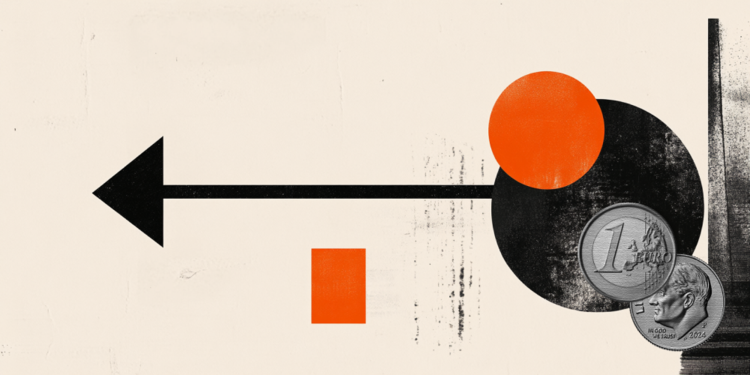Negotiations around the PEC of the Explosion continue to set the tone for the domestic markets. The scenario of uncertainty caused by the project and by speeches by the president-elect, Luis Inácio Lula da Silva, is already reflected both in projections for the dollar and for inflation and the Selic rate, as shown in the Focus Bulletin released this Monday (21).
For Rafaela Vitória, Chief Economist at Inter, this week’s Focus Bulletin shows signs that the insecurity created by the debate on the Explosion PEC is already impacting market expectations.
“After ten weeks of stability, the median of projections for the Selic rose to 11.5%, along with the worsening of inflation and the exchange rate. The risk of a return to fiscal disarray could bring additional inflationary pressure, which tends to annul expectations of a Selic reduction”, he points out.
For her, the market curve already points to further increases in the Selic and the Focus survey may show the same trend in the coming weeks with higher expectations for interest rates.
“The proposal to increase expenses without consideration may have the side effect of a scenario of greater monetary tightening than expected”, he says.
Carlos Macedo, investment allocation specialist at Warren, evaluated that this Monday’s Focus Bulletin started to incorporate a little the adjustments that occurred in the market. The main highlights were the increases in inflation and interest projections for 2023.
“For the next few weeks, the Central Bank will closely observe the evolution of inflation projections for 2023 and 2024 to discuss the need or not for additional hikes, as the market currently prices”, he says.
In the view of Carla Argenta, chief economist at CM Capital, the Central Bank report brought two important movements: one is the evolution of inflation and, the other, the evolution of the interest rate.
According to her, once the downward movements impacted by Petrobras’ readjustments and the change in the ICMS rate on important products within the indicator have passed, inflationary pressure exerts a force on the market again.
“Add to this scenario the negative seasonality of the indicator, because at the end of the year, this inflation rises again motivated by services and food prices”, he points out.
In addition, Argenta explains that last week, the political movement over the PEC of the Explosion, in which the proposals would imply a cost of approximately R$ 200 billion to the state coffers, caused this inflationary expectation to be readjusted upwards .
“It is worth remembering that these movements cannot be fully credited to the PEC, as they were already happening at other times and, in a way, absorb an inflation scenario that has been gestating in recent weeks in Brazil”, he points out.
Argenta points out that the country is experiencing a situation that indicates that future inflation will be higher in the short term. “That’s why there was this upward readjustment movement for the next releases. Including, it tends to surprise with the release of the IPCA-15, next Thursday, ”he says.
The economist also highlights the evolution of the interest rate, rising from 11.25% in 2023 to 11.50%. “These numbers are explained by the same reasons that justify the expectation of higher inflation. However, in this case, the weight of the PEC is greater than the weight of inflationary movements for 2022”, she shows.
Rodolfo Margato, an economist at XP, confirms that the changes in projections for inflation, the Selic rate and the exchange rate, but considers that they were not so significant. However, they point to a bullish direction in all these indicators.
“The market remains very attentive to the fiscal pace of recent weeks and the behavior of the IPCA expectation in the Focus for 2024, which is already above the inflation target by 3.5%”, he assesses.
Margato points out that, after a few weeks of stability in the Focus, the market forecast for the Selic rate at the end of 2023 increased. “This is a sign that perhaps the step for the Central Bank to cut interest rates will be limited due to fiscal issues to a large extent”, he concludes.
Source: CNN Brasil
A journalist with over 7 years of experience in the news industry, currently working at World Stock Market as an author for the Entertainment section and also contributing to the Economics or finance section on a part-time basis. Has a passion for Entertainment and fashion topics, and has put in a lot of research and effort to provide accurate information to readers.







